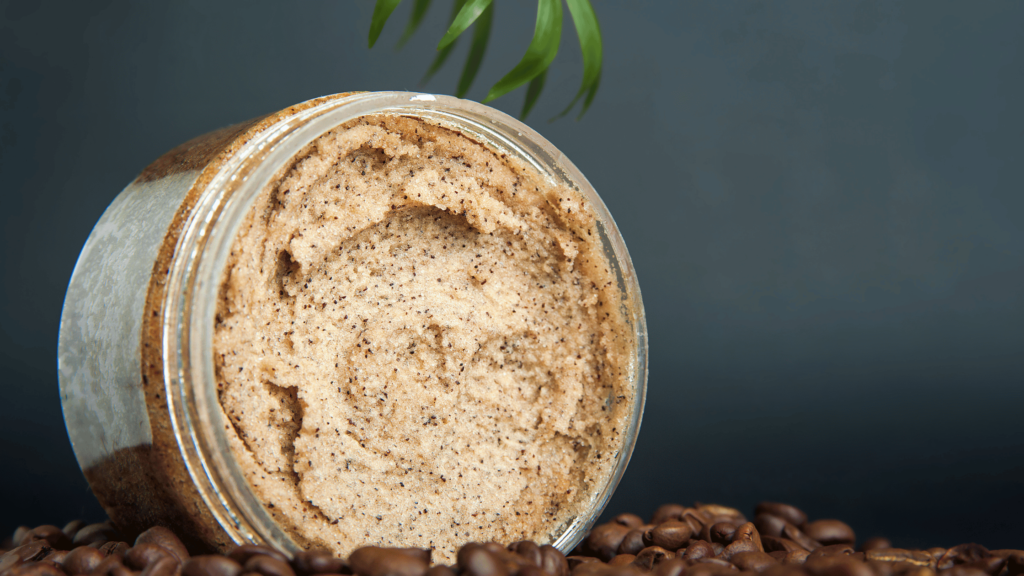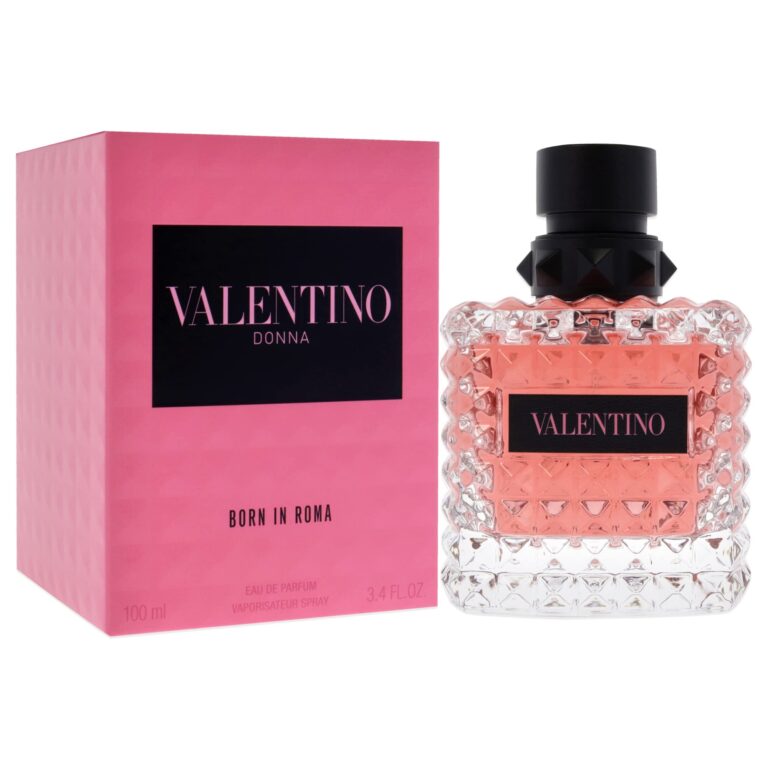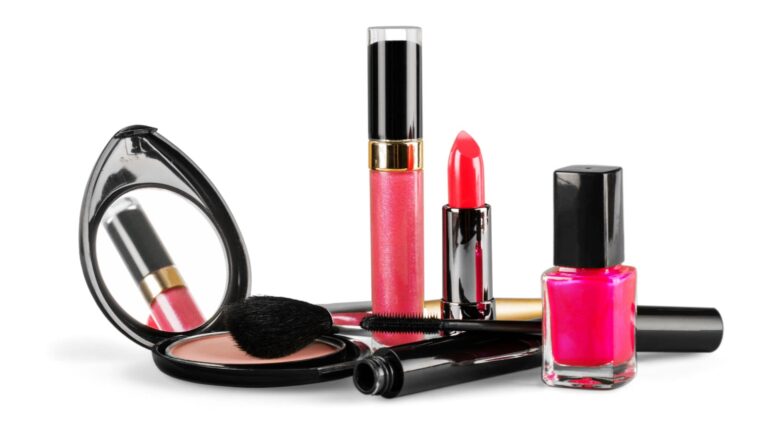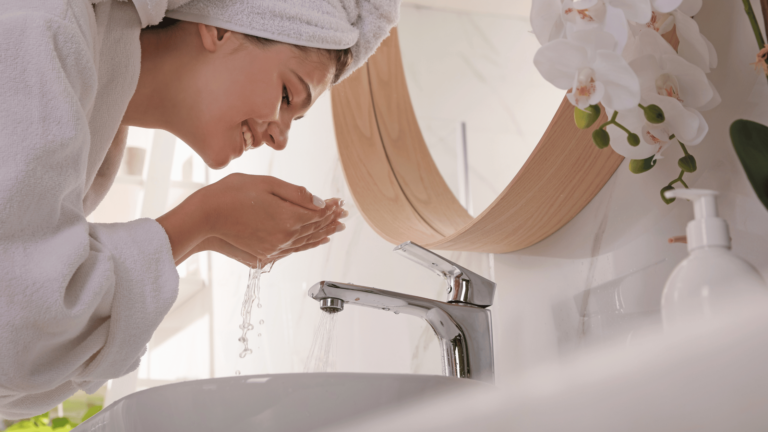You’re standing in front of your bathroom mirror, staring at rows of skincare products. Wonder when to start exfoliating. Exfoliating your face can be a game-changer for achieving smooth, glowing skin, but timing is everything. Should it be the first step in your routine or saved for last? The answer may surprise you. Knowing when to exfoliate is key to getting the best results without causing harm to your precious skin barrier. So, let’s explore when should you exfoliate your face in your skincare routine, for the best results.
Importance of exfoliation in your skincare routine
Exfoliation is a crucial step in any skincare routine that often gets overlooked. Not only does it help remove dead skin cells, but it also promotes cell turnover. That result in brighter and smoother skin. Regular exfoliation can also improve the effectiveness of other skincare products by allowing them to penetrate deeper into the skin.
In addition to its cosmetic benefits, exfoliation can also help reduce acne and minimize the appearance of pores. By clearing away dead skin cells and unclogging pores, exfoliation can prevent breakouts and give you a clearer complexion. Incorporating exfoliation into your skincare routine can lead to healthier, more radiant skin in the long run.

Types of exfoliants
There are several types of exfoliants. Each type works in different ways to remove dead skin cells and promote a smoother complexion. Here are common types of exfoliants:
Physical Exfoliants:
These contain granules, particles, or brushes that physically scrub away dead skin cells when massaged onto the skin. Examples include sugar scrubs, salt scrubs, or brushes.
Chemical Exfoliants:
Chemical exfoliants use acids or enzymes to dissolve dead skin cells. Common types include alpha hydroxy acids (AHAs) like glycolic acid and lactic acid, and beta hydroxy acids (BHAs) like salicylic acid.
Enzymatic Exfoliants:
Enzymatic exfoliants use natural enzymes, often derived from fruits like papaya or pineapple. Which helps to break down and dissolve dead skin cells.
Peeling Gels:
These are often gel-based products that ball up on the skin. This results in trapping and removing dead skin cells as they are massaged.
Microdermabrasion:
This is a more intense form of physical exfoliation. It is done using fine crystals or a diamond-tipped wand to mechanically remove dead skin cells.
Exfoliating Cleansers:
Some cleansers contain mild exfoliating agents, providing a gentler daily exfoliation as part of your cleansing routine.
Homemade Exfoliants:
DIY exfoliants can be created using natural ingredients like oatmeal, honey, yogurt, or baking soda. These can provide a gentle and cost-effective exfoliation option.
It’s important to choose an exfoliant that suits your skin type and concerns.
Also read: Is elf makeup hypoallergenic?
Morning vs. evening exfoliation
When it comes to exfoliate your face in your skincare routine, the timing can have a significant impact on the results. While some prefer to exfoliate in the morning, others swear by evening exfoliation for better outcomes. Morning exfoliation can help provide a fresh start to your day. It clears away dead skin cells promoting a radiant complexion. On the other hand, evening exfoliation allows the skin to repair and rejuvenate overnight, maximizing the benefits of exfoliation.
One important factor to consider is sun exposure after exfoliating in the morning. Exposed freshly exfoliated skin can be more sensitive to UV rays, making proper sun protection crucial throughout the day. In contrast, evening exfoliation gives your skin time to recover during sleep without immediate exposure to external aggressors. Ultimately, choosing between morning and evening exfoliation depends on individual preferences and lifestyle factors.
Adjusting based on season/weather
Adjusting your skincare routine with the season, is crucial for maintaining healthy and glowing skin.
In colder months humidity levels drop and skin tends to become drier. So, exfoliating less frequently can prevent further stripping of natural oils and moisture from the skin.
On the other hand, during warmer seasons when increased humidity can lead to excess oil production and potential breakouts. So, in this case exfoliating more often may help keep pores clear and prevent acne flare-ups.
Understanding how your skin reacts to different weather conditions is key to determine the best times to exfoliate into your skincare routine.
Signs of over-exfoliation
Over-exfoliating the skin can lead to several issues like redness, irritation, and increased sensitivity. While exfoliation is an essential part of any skincare routine, it’s crucial to find the right balance to avoid damaging the skin barrier. Pay attention to any sudden changes in your skin texture or appearance after exfoliating. If you notice an increase in dryness or flakiness, it may be a sign that you’re overdoing it.
Another tell-tale sign of over-exfoliation is when your skin starts producing more oil than usual. This is because the skin attempts to compensate for the loss of moisture. This can often lead to breakouts and clogged pores, exacerbating existing skin concerns rather than improving them. Remember, less is often more when it comes to exfoliation. Listen to your skin’s needs and adjust your routine accordingly for optimal results.
Conclusion: When is the best time to exfoliate your face in your skincare routine?
While there is no one-size-fits-all answer, it is generally recommended to exfoliate in the evening, after cleansing and before applying any serums or moisturizers. This allows the exfoliant to work effectively without interference from other products.
However, individual skin types and concerns may require a different approach, so it’s important to listen to your skin’s needs. Experiment with different timings and observe how your skin responds to determine the best time for exfoliation in your routine.






